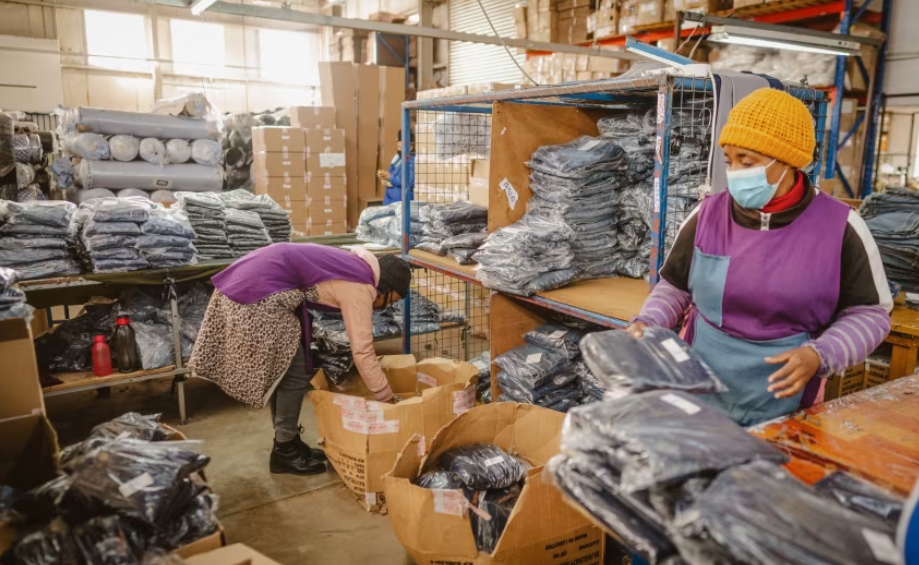Gambiaj.com – (WASHINGTON, DC) – African economies are adjusting to a new wave of U.S. tariffs imposed under President Donald Trump, with many nations on the continent facing steep export duties—while China positions itself as an alternative trade partner.
In what analysts describe as both a blow and an opportunity, the tariffs—ranging from 15% to 30%—have targeted exports from countries such as South Africa, Algeria, Tunisia, and Libya, with 18 more African nations also affected.
President Trump has defended the move as a strategy to correct trade deficits, but critics argue the decision was not based on mutual tariffs or fair trade principles.
“We (Africa) are going straight into the hands of China,” Nigerian economist Bismarck Rewane told CNN, warning of a growing dependence on Beijing as U.S.-Africa trade relations sour.
China, which has already surpassed the U.S. as Africa’s largest bilateral trading partner, responded swiftly to the U.S. tariffs by suspending import duties on nearly all African goods. South African researcher Neo Letswalo said this presents a rare opening for Africa to “make China the next U.S.” but warned of overreliance.
In South Africa, one of the hardest-hit countries with a 30% tariff on key exports, industries are already sounding alarms. The Citrus Growers’ Association warned of imminent job losses as shipments face uncertain futures.
“Hundreds of thousands of cartons of citrus are ready in packhouses to be shipped to the US,” the group said, “but the new tariffs could leave much of this fruit unsold.”
The effects are also being felt in Lesotho, where a 15% tariff—down from a previous 50%—has devastated the textile industry. Prime Minister Samuel Matekane declared a two-year national disaster in June, citing widespread job losses and halted U.S. aid.
Despite Lesotho’s trade with the U.S. totaling over $240 million last year, Trump dismissed the country as “a place nobody has ever heard of.”
African leaders are now seeking alternatives. South African Minister Gwede Mantashe said the country is expanding trade links with China and other markets. “If the US imposes high tariffs, we must look for alternative markets,” he said.
However, Letswalo warned that substituting the U.S. with China comes with its own risks. China’s trade relationship with Africa often favors Beijing, with the continent largely exporting raw materials while importing manufactured goods. Without protections, “Chinese products will flood and outcompete” African industries, he cautioned.
To mitigate the fallout, experts are urging the accelerated implementation of the African Continental Free Trade Area (AfCFTA), which aims to boost intra-African trade. Though established in 2020, fewer than half of African countries are currently trading under the pact.
Rewane sees a silver lining: “The U.S. tariffs could inspire Africa to build economic resilience and be less dependent on lopsided trade. The continent must be more inward-looking rather than outward-dependent.”
Source: CNN










